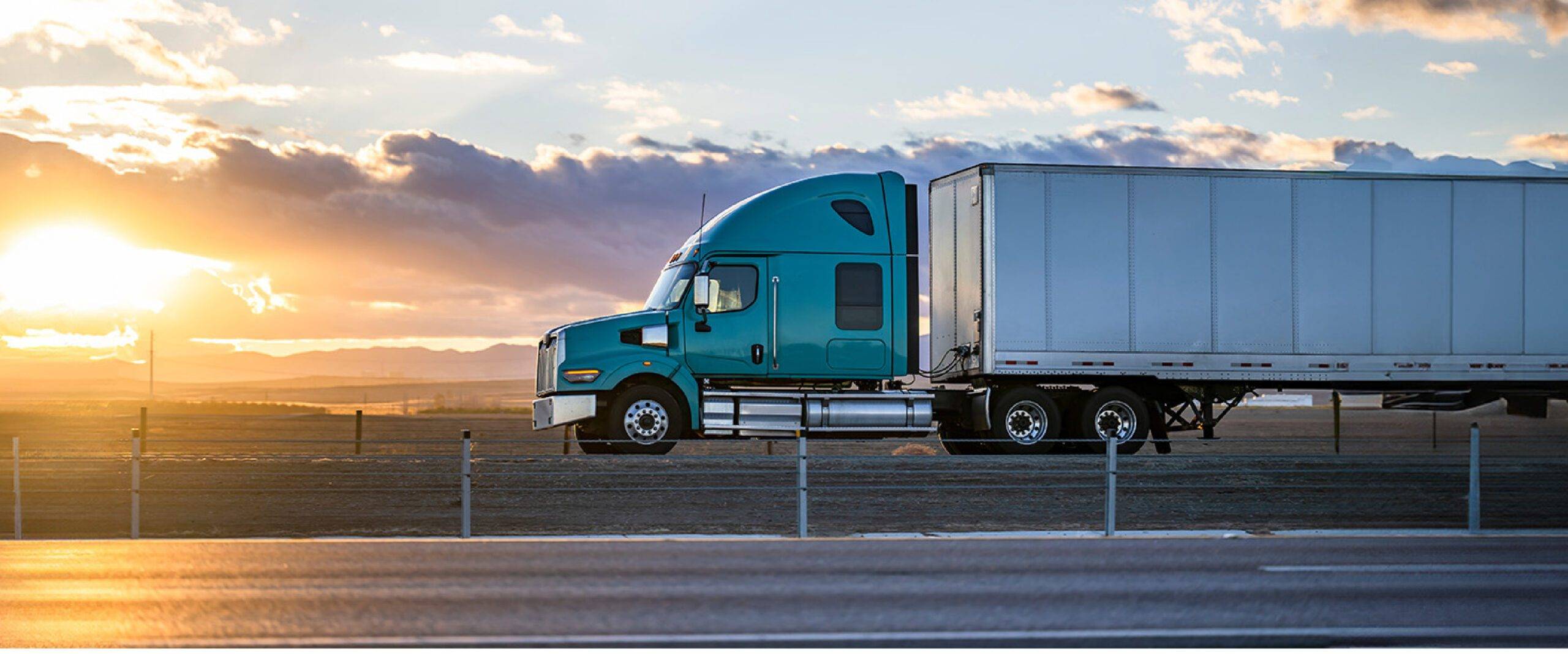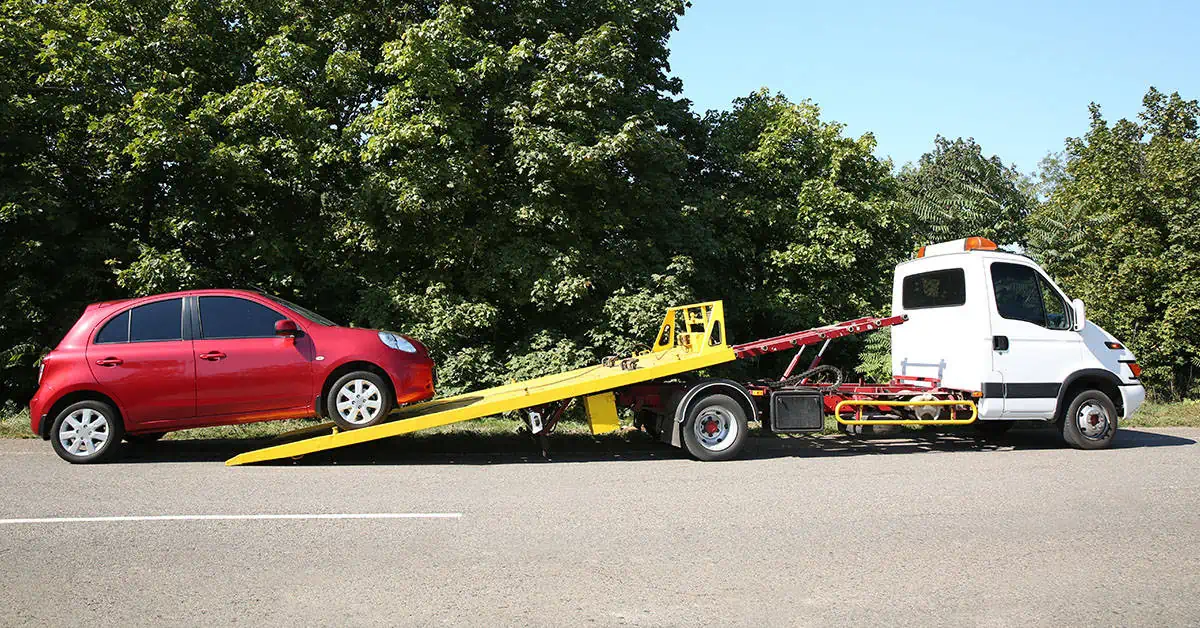Carriers are expected to deliver goods on time and free from damage. Carrier liability insurance plays a critical role in covering shipment losses, damages, and delays when the carrier is found at fault. This type of insurance ensures financial protection, but it comes with specific claim requirements and exclusions. Understanding these parameters is essential for carriers and shippers entering a partnership.
What Does Carrier Liability Insurance Cover?
Carrier liability insurance compensates claims when the carrier is proven responsible for the loss. However, claims are subject to conditions outlined in the carrier’s policy, and shippers must meet specific requirements before a claim is considered. Familiarizing yourself with these conditions and exclusions can help avoid misunderstandings.
The Carmack Amendment: Defining Liability
Determining fault for cargo damage, loss, or delay can be complex. To clarify responsibility, the Carmack Amendment was enacted in 1935. It defines the rights, responsibilities, and duties of shippers and carriers for interstate commodity transport. Farmers, fishers, and a few other categories are excluded. The amendment provides a framework for assigning liability and outlines exclusions that may release carriers from accountability.
Carrier Liability Before the Carmack Amendment
Previously, a bill of lading (BOL) served as the primary legal contract between the carrier and shipper. While a BOL documented the type, quantity, and destination of goods, it also placed most liability on the carrier. With the Carmack Amendment, liability is better defined, and carriers are granted certain exclusions.
Exclusions Under the Carmack Amendment
Carrier liability insurance has specific exclusions where claims may be denied:
- Acts of God
- Events beyond the carrier’s control, such as natural disasters, severe weather, or medical emergencies (e.g., a driver experiencing a heart attack).
- Public Enemies
- Includes damages or delays caused by government action, military events, or terrorist activities.
- Shipper Defaults
- Losses resulting from shipper negligence, such as poor packaging, improper labeling, or mishandling during loading.
- Public Authorities
- Situations where government actions like road closures, quarantines, or embargos result in damage or delays.
- Inherent Vices
- Natural deterioration of goods with a shelf life, such as live plants, perishable foods, or medicine, provided the carrier is not negligent.
Price and Cost Considerations
When evaluating carrier liability insurance, it’s important to understand the associated costs. Pricing depends on several factors:
- Type of Goods: High-value, fragile, or perishable items tend to increase premiums.
- Shipping Distance: Longer distances or international shipments carry greater risk, leading to higher costs.
- Carrier’s Claims History: Carriers with a strong claims record may receive lower rates, while those with frequent claims could pay more.
- Coverage Limits: Higher coverage limits naturally lead to increased premiums.
- Deductibles: Choosing a higher deductible can lower your premium but will require you to pay more out-of-pocket in case of a claim.
It’s advisable for carriers and shippers to compare quotes from multiple insurers and work with an experienced cargo insurance broker to find a balance between affordability and sufficient protection.
Filing a Carrier Liability Claim
When filing a claim, shippers must adhere to the following steps:
- Proof of Undamaged Goods: Shippers must provide evidence that goods were free of damage when handed over to the carrier. Clear photographs at the point of transfer are highly recommended.
- Detailed Claims: Claims must include sufficient detail to identify the shipment, including descriptions, quantities, and financial losses. Supporting documents like packing slips, invoices, and a complete BOL are crucial.
- Timely Filing: Most carriers allow up to nine months to file a claim, though concealed damages often have a stricter timeframe, typically five days after delivery.
- Proof of Damage Minimization: Shippers must demonstrate efforts to minimize losses, such as attempting repairs or selling damaged goods at a discount.
- Carrier Inspections: Carriers reserve the right to inspect damaged goods unless holding them poses health or safety risks. Disposal of goods before carrier verification may result in claim denial.
Contract Details and Limited Liability
A carrier contract can extend or override the provisions in the Carmack Amendment. This makes it essential for shippers and carriers to ensure that all contractual terms are clear, comprehensive, and legally binding. Liability will be judged based on state law and contract details.
Key Takeaways Aligning carrier liability insurance with contracts of carriage is a crucial step in mitigating disputes. Working with an insurance broker or agent specializing in cargo insurance can help ensure policies and contracts are aligned to protect both parties effectively.
For tailored carrier liability insurance solutions, reach out to Alvix Insurance Group today. Our experts are here to guide you through policy options and ensure comprehensive coverage for your shipping needs.




